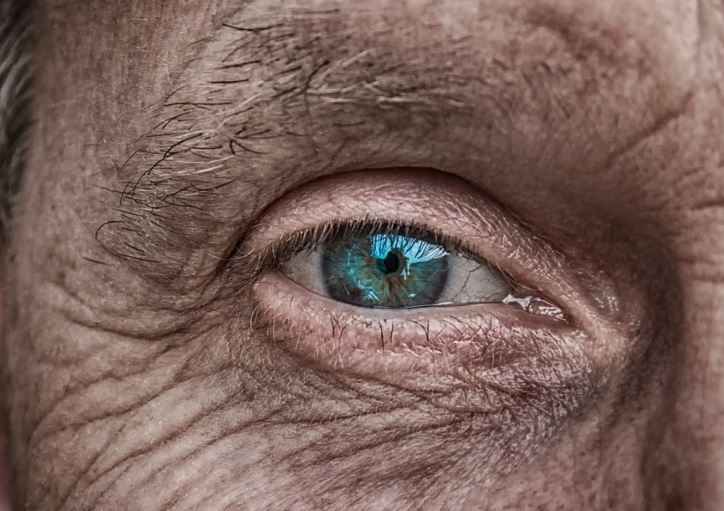Many people take different kinds of injections, especially Botox and dermal fillers, and are willing to go to almost any length to keep wrinkles away. Now, researchers have found that a new treatment approach could eliminate need for needles in preventing lines and creases on the skin.

Scientists at North Carolina State University report in a study published in the journal American Chemical Society Nano that treating the skin of mice with exosomes led to youthful effects. They achieved this without having to use needles to deliver the organelles into the skin.
Exosomes are a form of extracellular vesicles that hold proteins and RNA produced by cells to enable communication with one another. Biotech companies see them as a good means of drug delivery into the body.
Researchers hope the new needle-free method, which was tested on mice, will also be beneficial in humans.
Fighting wrinkles
Certain changes take place in the skin as people grow older, with these reflecting in wrinkles and other age-related issues. Skin cells become less able to multiply. There is also a drop in the production of collagen, the skin’s main structural protein. As a result, wrinkles start to form.
Decline in the amount of collagen in the body is believed to start as early as the 20s. Radiation from the sun and smoking are among factors that further worsen this. Scientists have yet to find a way to halt this drop.
There are already different options available for controlling wrinkles, including topical products, dermal fillers and Botox injections. But users often have one complaint or another about the existing methods.
Topical treatments, for instance, are thought to be mostly ineffective or less-effective. Options such as Botox injections and dermal fillers, on the other hand, are not only painful, but may also not have desired effects for long.
Botox injections can result in the so-called “frozen face” effect as well.
All this makes it more interesting when scientists say they have found a better, more convenient means of combating wrinkles.
Needle-free solution
In the current study, Professor Ke Cheng and his team set out to investigate what effects exosomes taken from human dermal fibroblasts could have in reducing wrinkles and promoting youthful effects in mice.
“Think of an exosome as an envelope with instructions inside – like one cell mailing a letter to another cell and telling it what to do,” Cheng said, according to Daily Mail. “In this case, the envelope contains microRNA, non-coding RNA that instructs the recipient cell to produce more collagen.”
To show how exosomes could be useful, the researchers first exposed mice to ultraviolet B light, which is known promote wrinkles and speed up the aging process.
Exosomes from human skin cells were administered to some mice eight weeks after UVB exposure. The researchers delivered these vesicles deep into the skin of the animals without injecting. They utilized a device relying on a jet of air to convey the vesicles deep into the skin.
The scientists noticed significant improvement in wrinkle appearance among treated mice three weeks after the treatment. They had considerably thinner wrinkles than the ones that were not treated.
Skin of treated mice was about 20 percent thicker, compared to those who were not given any treatment. It was also thicker than the skin of mice that got mesenchymal stem cells (MSCs) or topical retinoic acid.
Mice treated with the new approach had 30 percent more collagen than the ones that received MSCs.
A major advantage to this method, apart from being needle-free, is that donor skin cells from anybody can be used to produce these exosomes. There is no risk of rejection in the skin since these are not cells, according to Zhang.
ADDITIONAL REFERENCE
Skin cells could be ‘banked’ and used later in life to iron out wrinkles | Daily Mail Online (https://www.dailymail.co.uk/health/article-7508139/Skin-cells-banked-used-later-life-iron-wrinkles.html)



